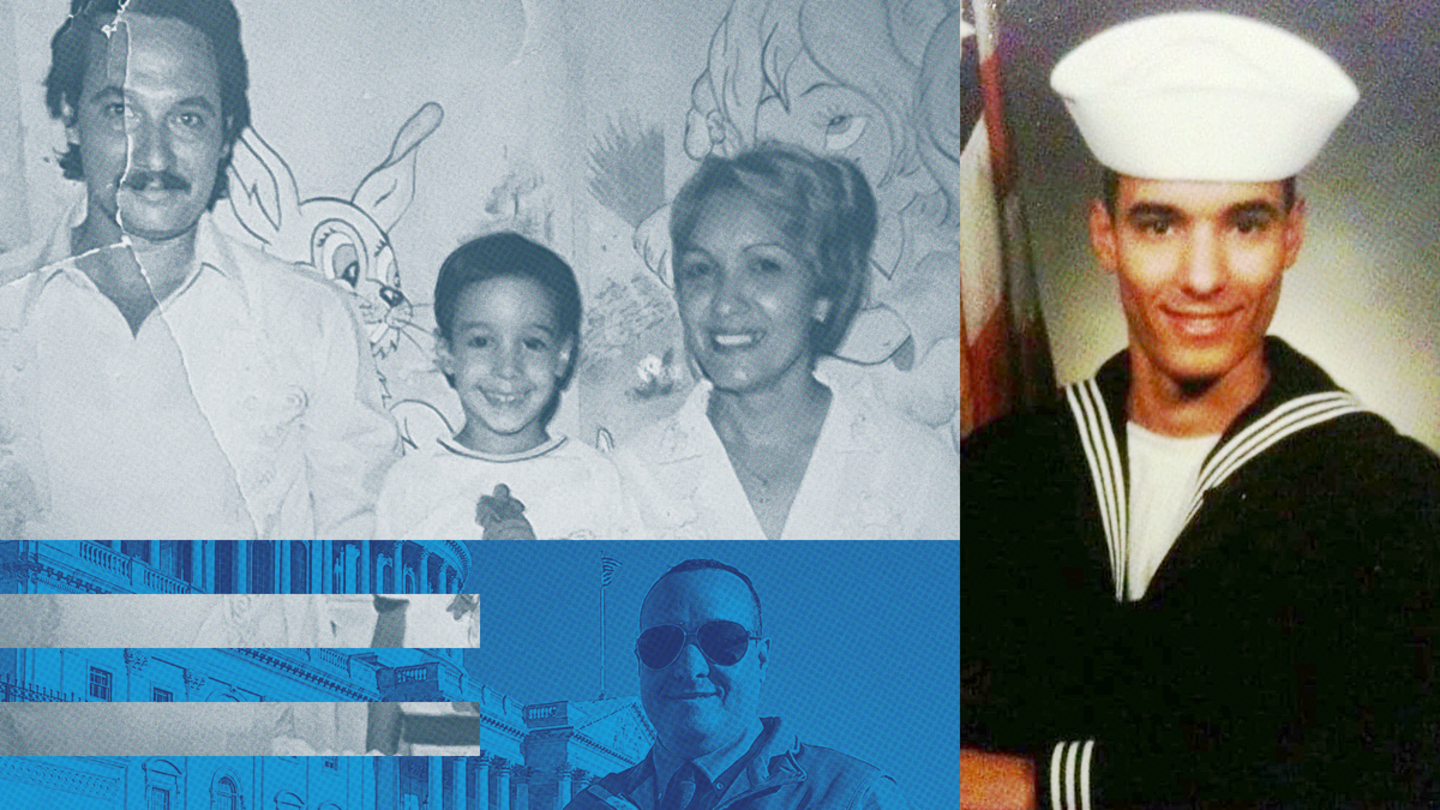Edrys Leyva started life with his back against the wall. Born in communist Cuba, his family’s lives were destroyed by the Castro regime. On top of that, he was sick as a child and the government-controlled health care meant long waits for treatment.
You could understand why Leyva bristles at the long waits and lackluster care offered by the Department of Veterans Affairs health system for people like him who served in the U.S. military. His frustration with this system after leaving the Navy drives his work at Concerned Veterans for America, where he advocates for more options for veterans like him who risked their lives, but now face physical and mental struggles.
More options would not only incentivize health care providers to provide better care, it would extend to veterans the simplest of dignities: The option to choose their own health care, something Leyva’s family yearned for as they weathered the poverty and destruction brought by communism.
“My grandfather had a bakery in Cuba before the revolution,” Leyva remembered. “Once the regime took over, they took everything from my family.”
Leyva’s grandfather left Cuba and moved to Miami, where he started the paperwork to bring Leyva and his parents with him.
“America was the country of dreams,” Leyva said with pride in his voice. “My grandfather would come from Miami to visit us in Cuba when I was a kid, and he would bring us all these things that I just couldn’t believe. It was just a dream to think about.”
But while the family waited to leave for the U.S., Leyva felt the limitations of communism personally.
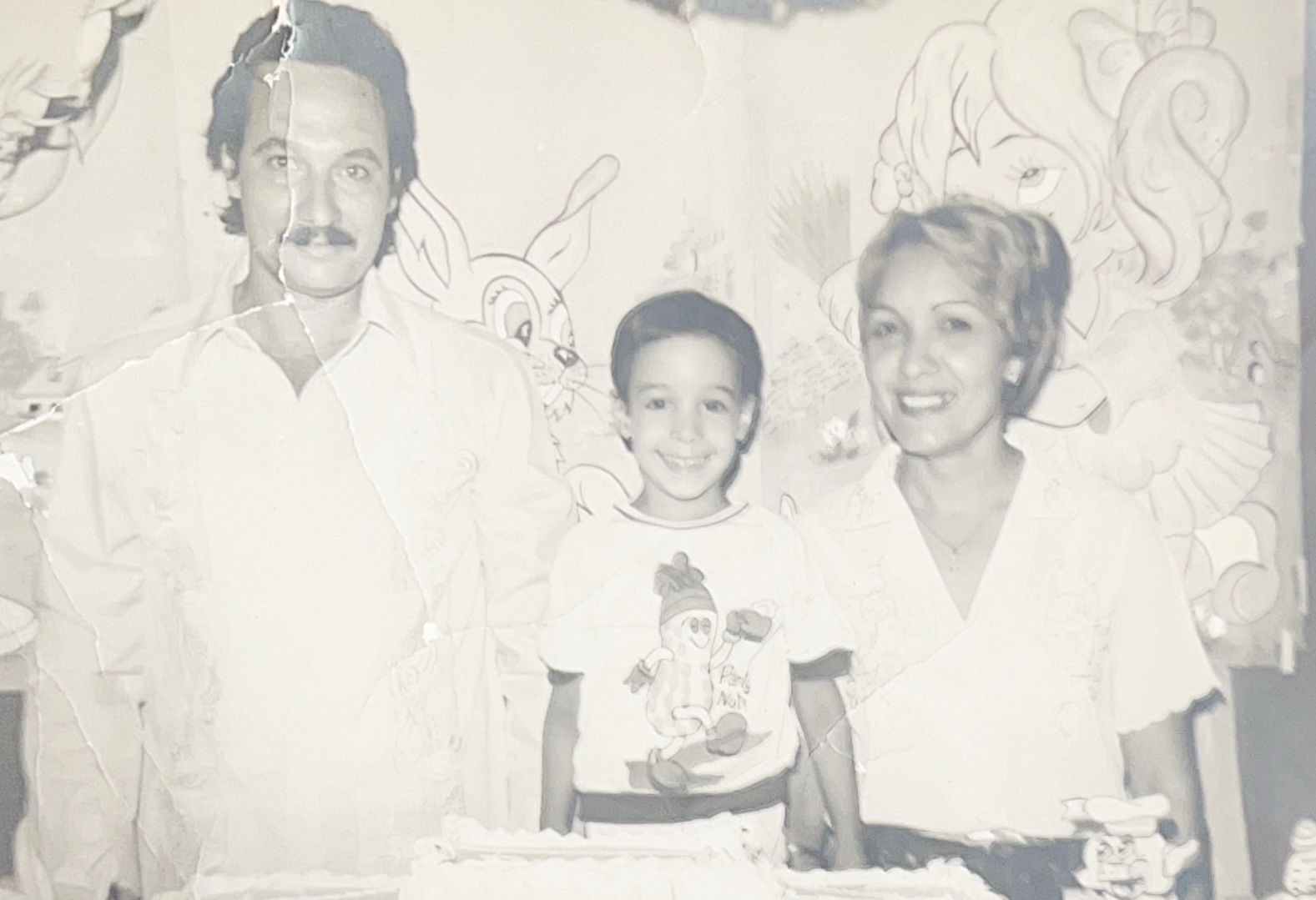
“I was very sick as a kid,” Leyva remembers. “But because of the communist government, you just had to follow the rules and get whatever care they told you that you could have. I waited so long for care and struggled because my parents didn’t have any choices.”
Leyva’s life in Cuba had been defined by limits and barriers. Those circumstances didn’t just drive him to a new country; they inspired him to contribute to his new country and ensure it remains prosperous and free.
Coming to the U.S. changed Leyva’ health and his life. At the beginning at least.
Leyva serves his new country, then gets caught up in the VA’s long waiting list
Leyva and his family arrived in the United States when he was 12 years old. He started learning English and getting used to his new American home, while maintaining a strong connection to his Cuban roots. He found inspiration in his family members who’d served in the Cuban military and decided to do the same thing in America.
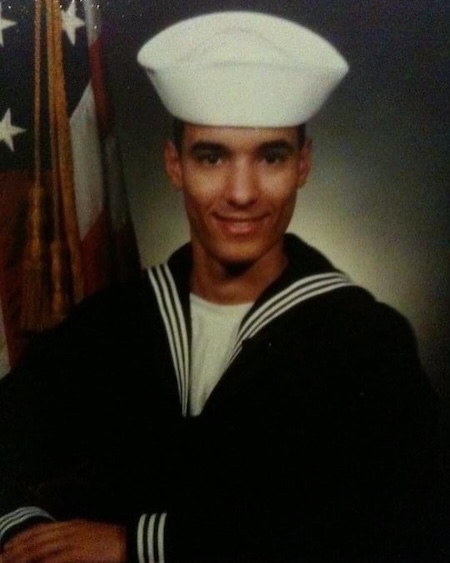
“In Cuba, serving in the military was required. My parents thought they wouldn’t have to deal with that, but I joined the United States Navy anyway,” said Leyva with a laugh. “I had family members who had served before Castro’s regime, and it felt like it was in my blood to serve my country.”
At 18, just a few years after moving to the United States, Leyva enlisted in the Navy. “I went from not speaking English to joining the military and being deployed to Iraq within about six years.”
Leyva served for four years and was deployed to Iraq twice, participating in the initial invasion in 2003. He chose not to make a career out of the Navy and instead settle down in Miami and contribute to his community.
“I went to college then started running a small business. After 10 years of that, I sold the business because I wanted to do something new to do with my life.”
It was during this time Leyva had his first experiences with the VA health care system.
“I started to feel pain in my foot, enough that I couldn’t work. I couldn’t even walk,” Leyva said. “I had no choice but to go to the VA, but getting an appointment took months. It took two months just to get in, and two more months after that to figure out what was wrong and start treatment. It was a really hard time for me.”
Leyva thought what many veterans who use the VA for care think — this must be just the way things are. Veterans often face weeks or months of waiting for medical care. From basic physical care to unique, service-connected specialty care to complex mental health care, veterans’ needs are at the mercy of the VA’s ability or desire to serve them.
For Leyva, this encounter with the VA brought back painful memories from childhood.
“I don’t want to say the VA is the same as care in Cuba, but it is similar,” Leyva says. “There are a lot of similarities when the government controls your health care. The rules for how things work come from the top and you go where the people in charge tell you to go.”
Going through the VA system was demoralizing, and Leyva felt like he was just a number. But a chance encounter with Concerned Veterans for America showed him an alternative to the poor care he was getting — and the new path in life he was seeking.
Sign up for the Stand Together newsletter and get stories, ideas, and advice from changemakers to help you tackle America’s biggest problems.
Leyva discovers he's not the only one
At a local VFW event, Leyva met Jimmie Smith, a CVA coalitions director and fellow veteran. After just a few minutes of talking with Smith, Leyva learned his VA experiences were not only common, but completely avoidable.
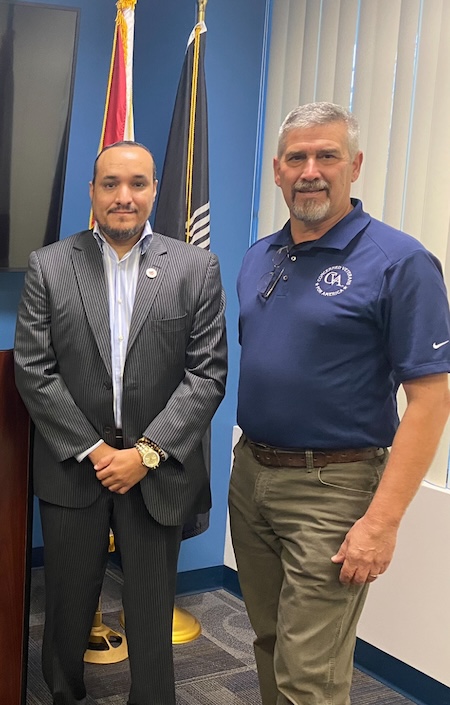
“I had never heard of community care as an option instead of waiting for care at the VA,” Leyva said. “The VA doesn’t educate veterans about any other options we have for care, so most of us haven’t heard we have more than one choice.”
If the VA can’t meet certain wait or drive time standards, it’s required by law to offer community care — a network of community providers who accept VA health care benefits, similar to private insurance or Medicare.
But to keep veterans in their own system, the VA rarely educates veterans on their options, doesn’t offer community care, and puts up barriers to accessing it.
“Once I learned about community care, that changed things for me,” Leyva remembered. “I had an appointment coming up and called the VA to say the appointment was taking too long and I wanted to use community care instead. An hour later, the VA called me back and said they could get me in the next day.
"It really showed me that this system was more interested in keeping me than letting me get the care I wanted, but also that a little bit of information and advocating for myself could have a huge impact.”
These experiences had a profound effect on Leyva. “Before meeting Jimmie and learning about my different health care options, I thought the VA was my only choice. There was a whole world of veteran advocates and solutions that come from those of us experiencing the problems.”
Leyva was now on the path to the new career and meaning he’d been searching for.
“I wanted to be an advocate for other veterans and change the lives of those in my veteran community here in Miami, just like mine had been changed.”
Leyva finds new purpose fighting for his fellow veterans
To Leyva, America is the land of dreams, and his American Dream means continuing his service to his country by advocating better health care options for veterans.
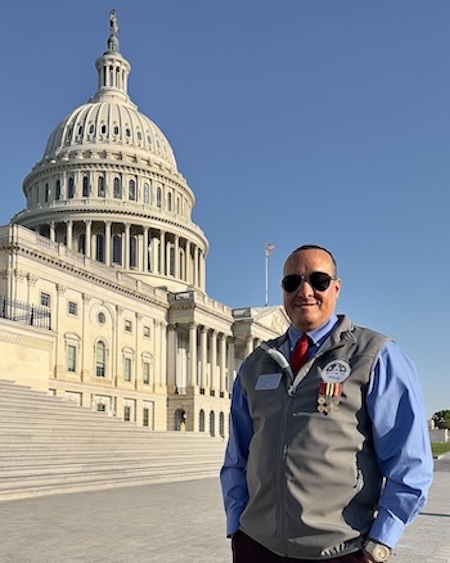
“Veterans take care of each other, and we also take care of the communities we live in,” Leyva said when asked about his job at CVA.
Leyva joined CVA as a grassroots engagement director in 2021. He spends his days educating veterans about their health care options and encouraging veterans to get involved in the community. CVA’s solution for better health care is simple — veterans should have more choice in where they use their health benefits. The legislation and reforms CVA and Leyva drive support the dignity of every veteran to be in charge of their own care.
CVA also provides a platform for veterans to be engaged citizens, serving the country they love even after taking off the uniform.
“Veterans have a unique perspective on what makes America an amazing country,” Leyva said. “I want to help veterans share this perspective about the issues that matter most to the country so we can find unique ways to fix them.”
Leyva’s story is what America is all about — leaving a place of limitations to find a place of opportunity, serving something larger than himself in the Navy, and using his unique talents and abilities to continue serving this country and making it a better place.
“I’m blessed to call America my home,” Leyva said. “I would never have the opportunities I have in the U.S. if I had stayed in Cuba. I want to make sure Americans always understand freedom is a gift we need to protect and appreciate.”
***
Learn more about Concerned Veterans for America, a part of the Stand Together community, and their work to reform veterans’ health care.
Learn more about Stand Together’s foreign policy efforts and explore ways you can partner with us.

The U.S.-Israel Relationship

We believe America must lead with wisdom, not force.
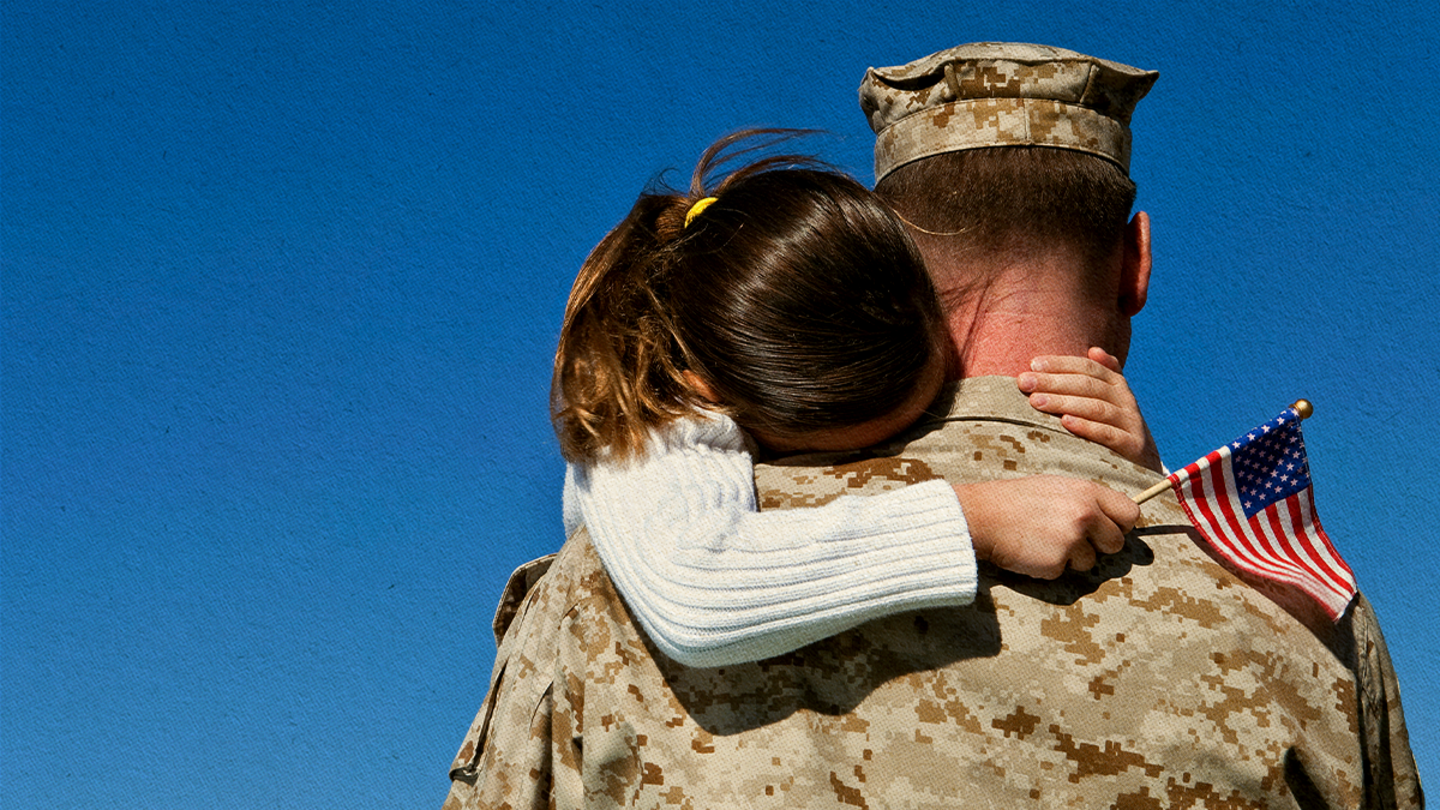
U.S. military presence in Iraq no longer serves a vital strategic purpose.
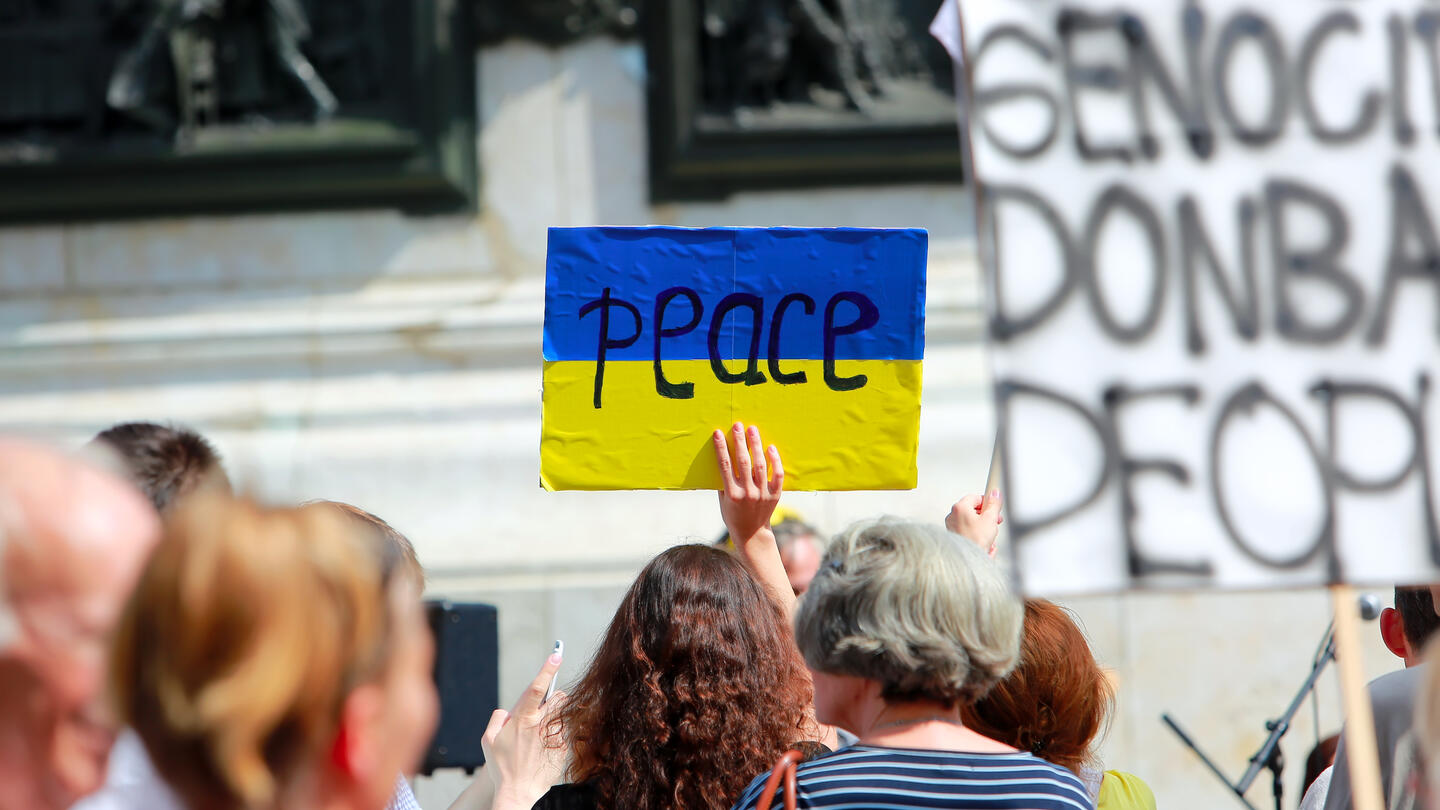
It won’t be easy, but it’s not impossible for the U.S. to broker peace
